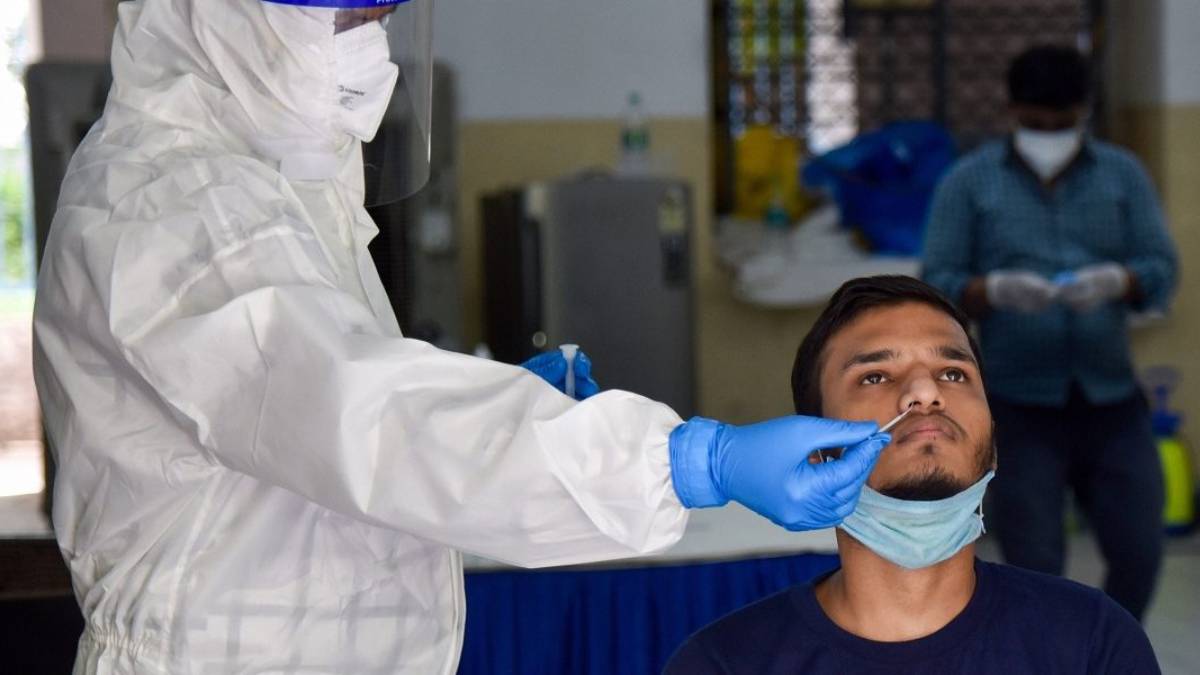According to Delhi Health Minister Saurabh Bharadwaj, the national capital reported its first case of COVID-19 sub-variant, JN.1 on Wednesday, December 27. The ministry studied various samples sent for Genome Sequencing, out of which, one of them was found to be a variant, JN.1 and two were recorded to be an Omicron variant. At present, Delhi has more than 35 active cases with nine fresh infections reported in a day.
Health Minister reports about a 28-year-old man who was diagnosed with comorbidities and recently died of COVID, “The man was not from Delhi and was referred to a private hospital recently. He had multiple comorbidities and the Covid finding was incidental. The sample of the man has been sent for genome sequencing and a report is awaited.”
Despite the rise in cases and the identification of the JN.1 subvariant in India, officials stress that there is no immediate cause for alarm. Ninety-two percent of those infected are opting for home-based treatment, indicating a tendency toward mild illness, as per official statements. This information provides reassurance amid the ongoing efforts to monitor and respond to the evolving situation.
The World Health Organization (WHO) declared JN.1 a variant of interest on December 19 due to its “rapidly increasing spread.” However, it has not classified JN.1 as a variant of concern yet. According to WHO, the global public health risk posed by JN.1 is currently evaluated as low based on the available evidence.
